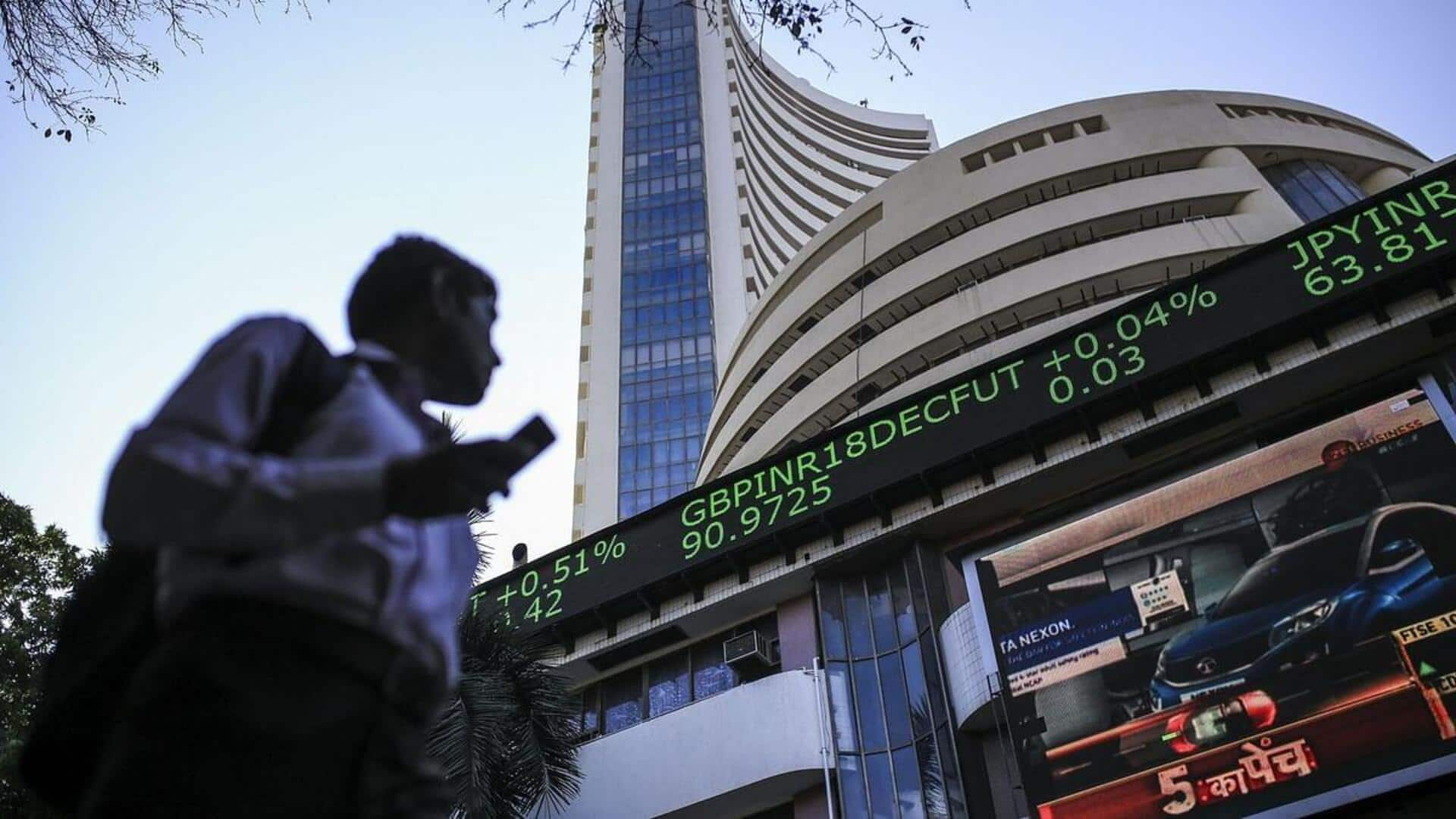
India's FII outflows hit record high this January: Here's why
What's the story
In January, India's equity markets saw the largest outflows in Asia, with foreign institutional investors (FIIs) withdrawing $2.62 billion from Indian exchanges. This is the highest monthly outflow since January 2023. This month, the Sensex dropped 0.4% while the Nifty increased 0.05%. Axis Securities analyst Rajesh Palviya believes that a decline in earnings by the companies in comparison to their valuations have made foreign investors cautious about Indian markets.
Comparison to Asian markets
Unlike India, many other Asian markets witness foreign investment inflows
Apart from India, Sri Lanka saw outflows of $6 million this month. But other countries experienced inflows. Japan had highest inflows at $12.28 billion, followed by South Korea and Taiwan with $2.23 billion and $1.72 billion, respectively. Thailand received around $803.4 million, Indonesia $407 million, Malaysia $92 million, Philippines $85.2 million, and Vietnam $45 million. China's foreign fund flow data is not yet available, but a Kotak report revealed that China had inflows of $10.8 billion in December 2023.
Factors causing outflows
Factors influencing FII selling in India
Analysts pointed out that FII selling in India was particularly triggered by the Q3 results of HDFC Bank. Additionally, the increase in US treasury yields led FIIs to book profits and sell stocks in the Indian markets. A 10-year Treasury is a bond that ensures interest and repayment of borrowed money in a decade. Analysts also noted that global markets have been volatile due to the Middle East tensions and its impact on global growth and inflation.
Insights
Overall perception about Indian stock market and SEBI's additional disclosures
Despite market volatility, analysts remain positive about the Indian economy. Deepak Jasani from HDFC Securities stated that equities may continue to experience volatility in first half of 2024 due to elections and a global shift in central banks' views on interest rates. It is reported that FIIs are selling to adhere to SEBI's enhanced disclosure norms aimed at preventing manipulation of minimum public shareholding (MPS) rules, and avoiding indirect control of Indian companies by overseas entities through shell firms.